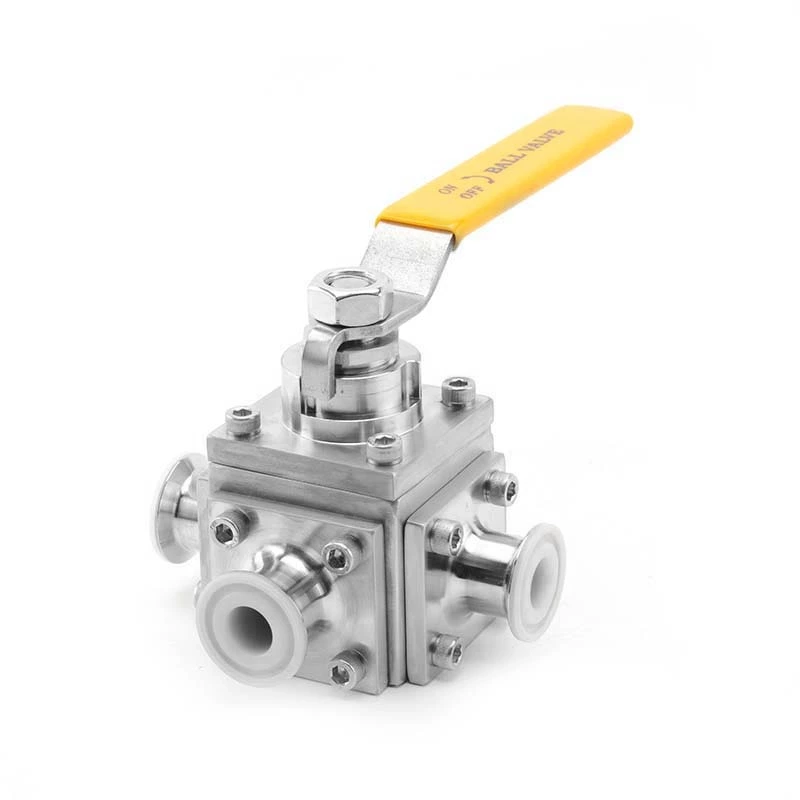How To Correctly Choose The Appropriate Industrial Valve?
Correctly selecting Sanitary Valve is the key to ensuring the system and safe operation. Then there are some steps and considerations for choosing the right industrial-grade valve:
1. Determine the application requirements:
Working medium: Understand the type of fluid (liquid, gas, steam, powder, etc.) and its chemical properties.
Working pressure: Determine the maximum and minimum working pressures in the system.
Working temperature: Consider the high and low working temperatures of the fluid.
Flow requirements: Calculate the required flow and flow rate.
Pipeline size: Determine the diameter and standard of the connecting pipe.
2. Select the valve type:
Control mode: Select manual, electric, pneumatic or hydraulic valves as needed.
Valve function: Select gate valves, stop valves, ball valves, butterfly valves, plug valves, check valves, regulating valves, etc. according to system requirements.
Valve material: Select the appropriate material according to the corrosiveness, temperature and pressure of the medium, such as stainless steel, carbon steel, alloy steel, copper alloy, plastic, etc.
3. Consider the performance parameters of the valve:
Sealing performance: Select the appropriate sealing grade and sealing material according to system requirements.
Durability and reliability: Consider the service life and maintenance cycle of the valve.
Operating torque: For manual valves, consider the size of the operating torque; for automatic valves, consider the selection of actuators.
4. Comply with standards and specifications:
Ensure that the selected valve complies with relevant or national standards, such as API, ANSI, DIN, GB, etc.
Consider whether the valve needs to pass specific certifications, such as CE marking, TSG certification, etc.
5. Economic analysis:
Compare the price, performance and maintenance costs of valves of different brands and models.
Consider the initial investment and long-term operating costs of the valve.
6. Consult professionals:
Communicate with experienced engineers or suppliers to obtain professional advice and technical support.
Learn about new valve technologies and products on the market.
7. Field investigation and testing:
If possible, conduct field investigations on the actual application of the valve to understand its performance under similar working conditions.
Perform performance tests to ensure that the valve meets specific application requirements.
8. After-sales service and support:
Consider the after-sales service and technical support provided by the supplier.
Confirm the availability and replacement cycle of spare parts.
By comprehensively considering the above factors, valves suitable for specific industrial applications can be selected.
